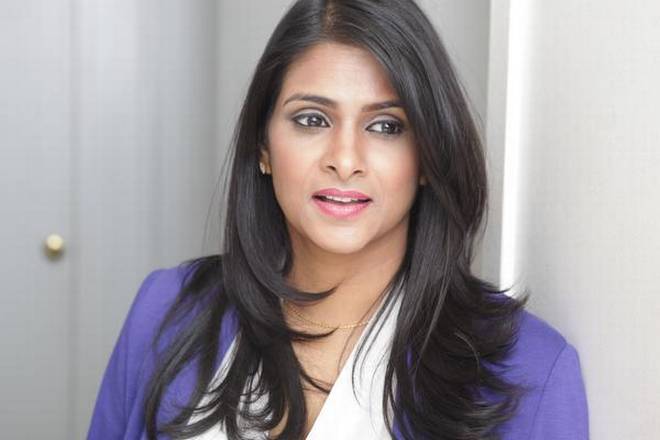‘Our political issues must not affect health care’
Sylvana Sinha, a Bangladeshi social entrepreneur, hopes to build a series of primary health-care centres with diagnostic facilities and pathological laboratories, called Praava Healthcare. Praava recently entered into an agreement with Narayana Hrudayalaya, based in Bengaluru. The mission, she tells The Hindu, is to have India’s neighbours cooperate and provide health care to millions in the process. Excerpts.
Bangladesh’s health indicators have been better than most of South Asia for years. Where do you think the country lags?
It is true that Bangladesh is doing better than any other country in South Asia on social development indicators and we are proud of that. However, the government has to some extent abdicated all responsibility for health to non-governmental organisations. They have also been given the power to run the upazila local complexes at the district level. So, in rural areas a lot of progress has been made and that’s why you see improving numbers. But in India you can also access some of the best health-care facilities in the world, which is not the case in Bangladesh. Therefore, if you want world-class health care, specialisation, international standard diagnostics, you have to travel out of Bangladesh. And that’s only if you can afford it. I know, for example, of people who travel to Bangkok for diabetes tests every three months, which is absurd.
Tell us about your mission here.
I started on this journey about three years ago, to do something in the health sector, but I didn’t know what it would be. Speaking with patients, doctors and public health professionals, I started to look for where the gaps were and why diagnostics were so bad. My aunt who was diagnosed with bone tumours was advised 10 sessions of radiation immediately. However she decided to travel abroad and double-check the diagnosis. In fact she had osteoporosis, which meant the radiation would have killed her. And as I travelled around, I realised there were thousands of such cases. Around the same time I read a study about patients going to India. The number one word they used was “trust”, as that they felt doctors in Bangladesh were so pressed for time, that they weren’t paying them attention. I felt there was a space between this trust and quality gap that I could step into. So I decided to blend an outpatient facility with [a] world-class pathology clinic. We launched our first facility in August, and we have a plan for 30 such facilities between Dhaka and Chittagong in the next nine years. According to estimates, it would take about $20 billion to bring Bangladesh’s health facilities to India’s level.
How much of this need is being met by Indian hospitals right now?
The numbers vary, but every single day, the Indian High Commission in Dhaka issues up to 2,000 visas for medical issues alone. But it’s hard to get medical visas. Several more on tourist visas come to India for check-ups and surgery. That alone means at least 300,000 to 500,000 Bangladeshis are travelling to India for medical reasons annually.
Given this big market, how can India and Bangladesh cooperate beyond just visas, as they improve ties?
I think it is time to consider a seamless process for health care in South Asia, not just from Bangladesh, but other neighbouring countries [too], whose citizens go to India for surgery. I know thousands go from Afghanistan, Nepal, the Maldives, [and] even Pakistan. So, even if we can’t replicate Indian hospitals and the scale, what we can do is establish feeder facilities that take care of these patients before they travel to India. For example, Praava Healthcare has now signed a partnership with Narayana Hrudayalaya, where Narayana sees about 100,000 patients from Bangladesh alone for surgery. So now we can prep patients before their travel, carry out tests, and also coordinate with the hospital for after-surgery care. All our countries can learn from each other and make the pie bigger.
What about the larger health-care crisis: epidemics that are endemic to South Asia, such as tuberculosis, or HIV/AIDS?
That’s a very important question. So one of the things we are hoping to do at Praava is to screen every single patient for diabetes, which is a major problem. One-third of Bangladeshis are pre-diabetic or diabetic. We are also offering HIV screenings, and in the future, work with the government to scale up. But my priority is to prove the profitability of quality public health service. After which we hope to work on providing cross-subsidies, alternative financing, and free services. The fact is, health care needs to be self-sustaining. So if you make money, you set up a foundation, and plough your profits back into the enterprise.
source;-thehindu.




